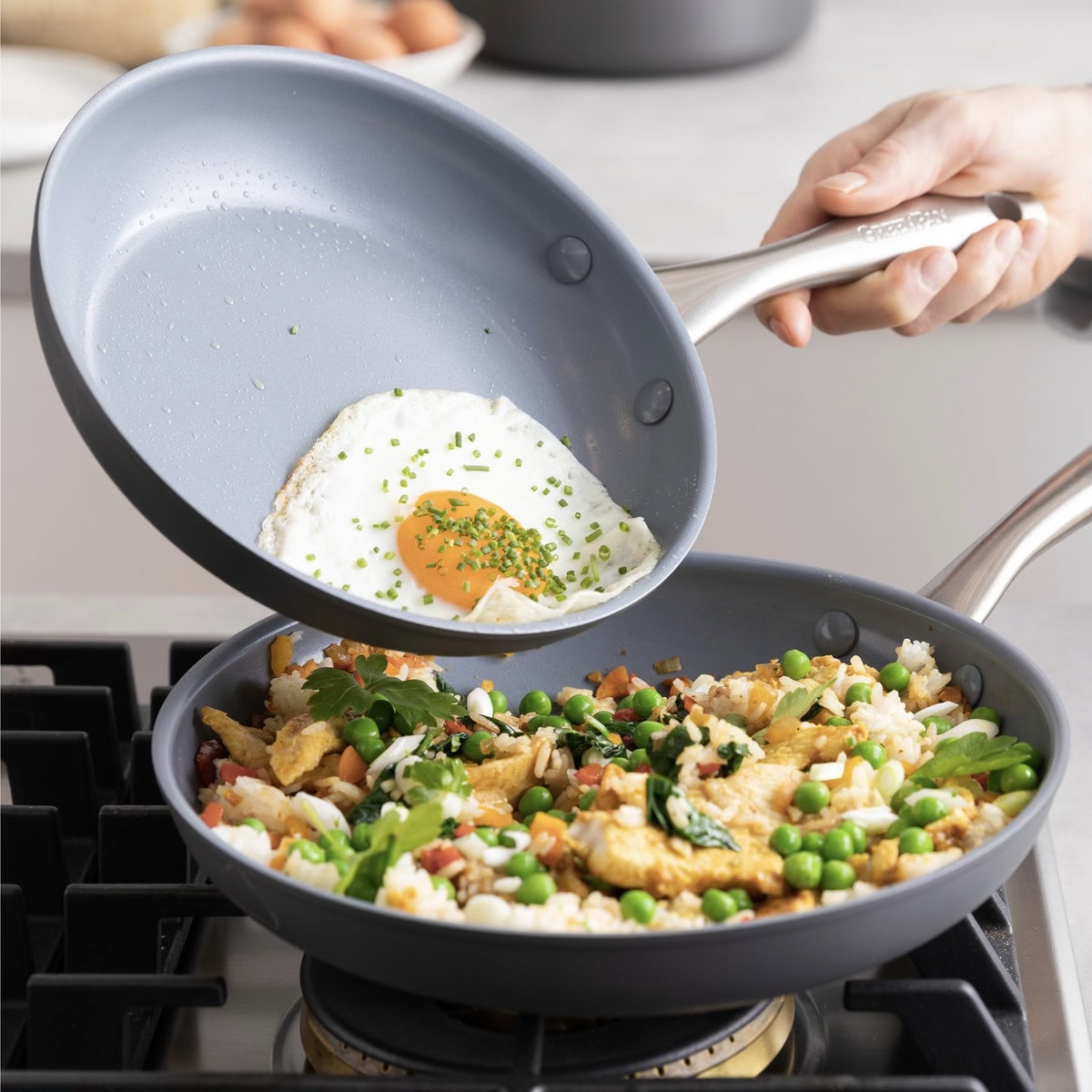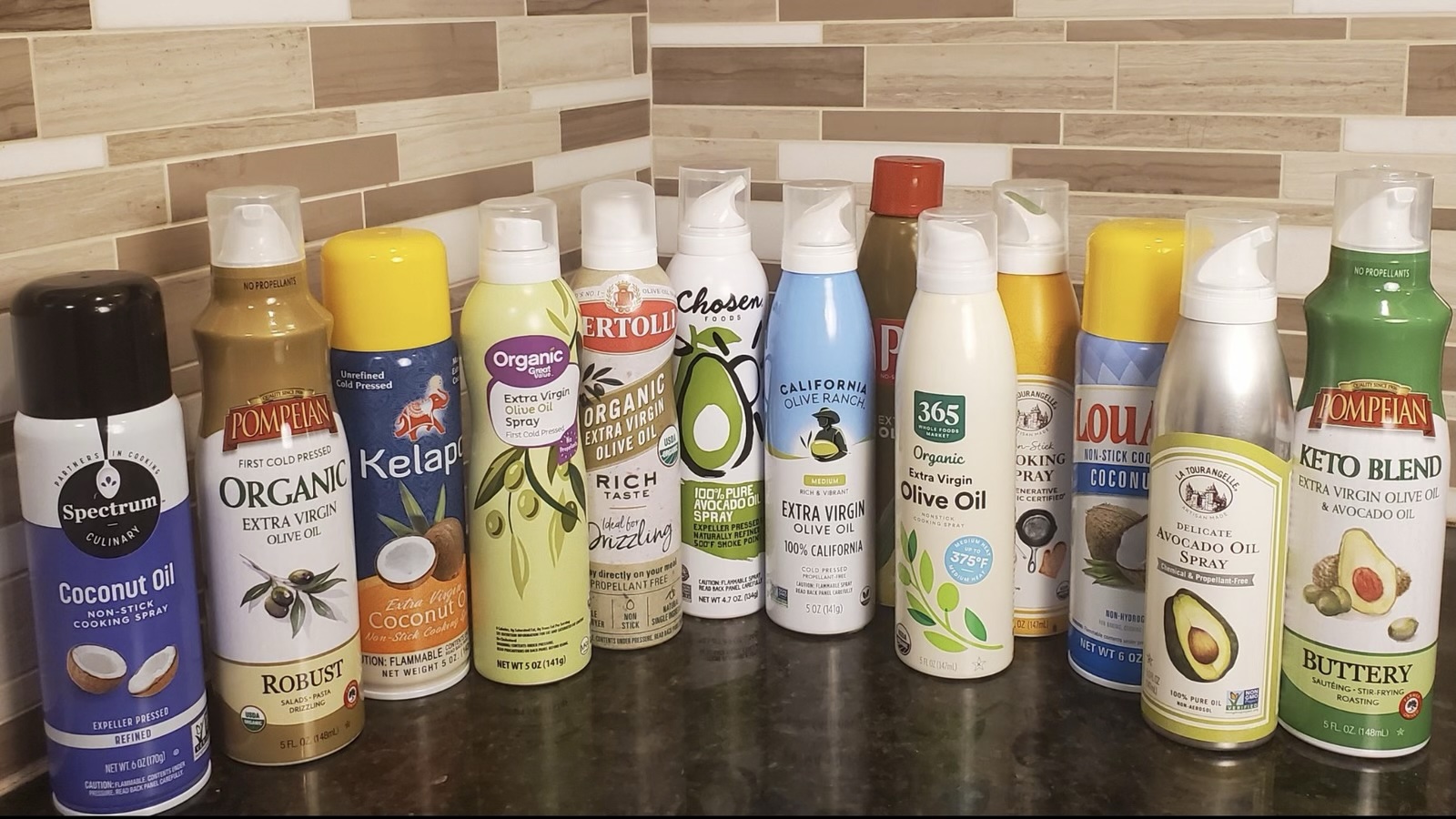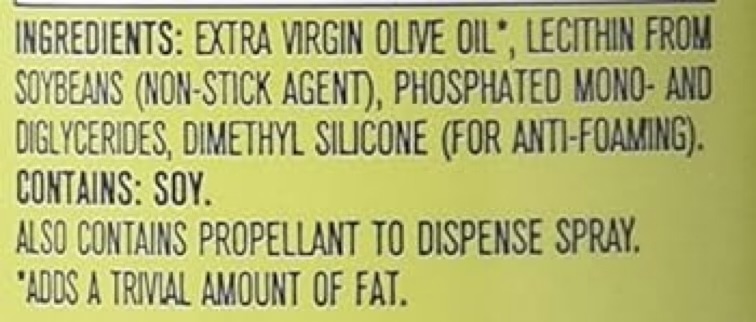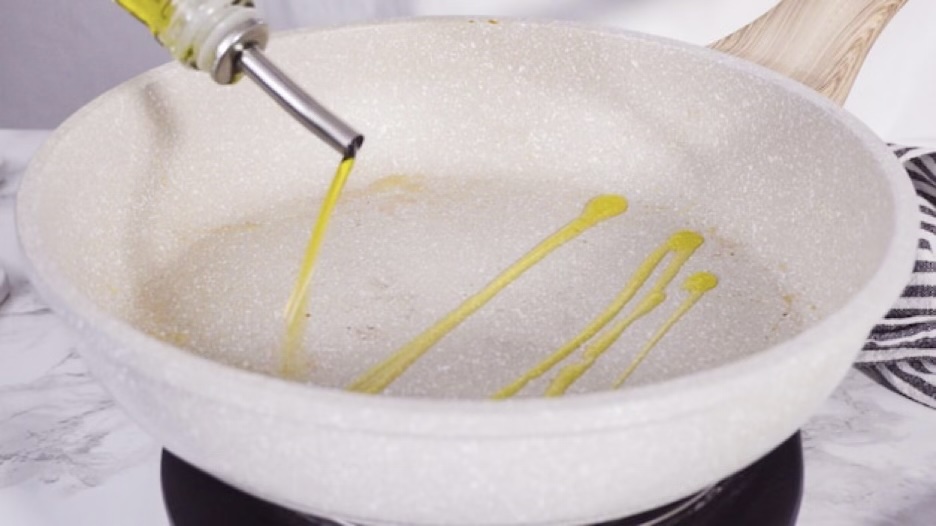Your Non-Stick Pan Not So Non-Sticky? Here’s Why!
Here’s something I read today on www.eatingwell.com, that I think you’ll appreciate, especially if your non-stick pan is now not so non-sticky. Eating Well food researcher and editor, Alice Leavitt, shared this research on the subject.

Turns out, cooking spray is the reason non-stick pans lose their non-stickness. (NOTE: I’m talking about the revolutionary ceramic pan—designed to be longer-lasting and safer than old-fashioned Teflon pans.)
Most cooking sprays have hidden ingredients that build up and damage this pan over time. Even sprays made with real oil can leave sticky spots that make your pan less nonstick. Most aerosol sprays contain additives that are the cause of the damage. The typical additive is lecithin, a fatty substance that’s in everything from eggs to sunflower seeds.

Lecithin isn’t harmful to health (in fact, studies show it’s beneficial for heart health), but oh does it do a number on ceramic pans. Over time, it’ll leave behind a sticky residue that builds up on the pan’s surface, becoming increasingly difficult to clean and gradually diminishing the effectiveness of the nonstick coating.
And lecithin isn’t the only problem. Cooking sprays tend to be loaded with chemicals—substances like butane, propane liquid silicone, and alcohol. These chemical propellants tend to break down under high heat, leading to scorching, residue buildup and long-term damage to the nonstick surface, ultimately causing the very sticking you were trying to avoid.

Even sprays that don’t contain lecithin or chemical propellants aren’t the answer. This is because the ultra-fine oil particles (even from pure oil options or refillable oil-misters) can burn and carbonize during cooking, leaving behind a stubborn residue that bonds to the pan’s surface and gradually impacts the pan’s nonstick performance.
What to do instead? Skip the aerosol sprays and use oil with a high smoke point—like avocado, grapeseed or canola instead. Research shows this easy-to-make change will do the job of protecting your non-stick pan. And avoid placing empty pans on high heat, as overheating can also degrade the nonstick coating.
I’ll close with two more tips from Leavitt. Always avoid placing empty pans on high heat, as overheating can also degrade the nonstick coating. And instead of spraying your fat, drizzle it instead.

So the bottom line? Although cooking sprays may offer quick convenience, the compromise they present to any non-stick pan just isn’t worth it. Now we know.
 Alice Osborne
Alice Osborne
Weekly Newsletter Contributor since 2006
Email the author! alice@dvo.com
